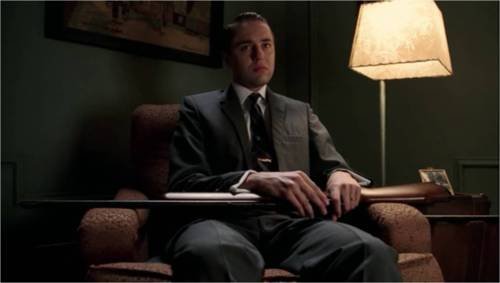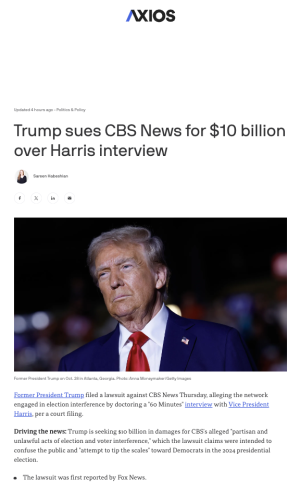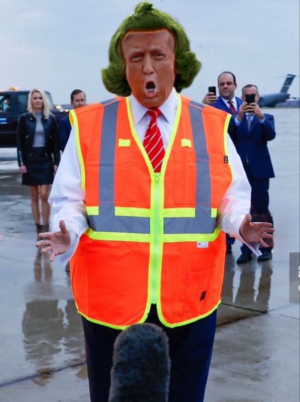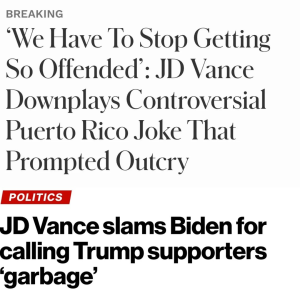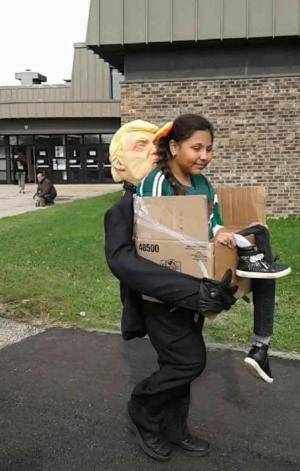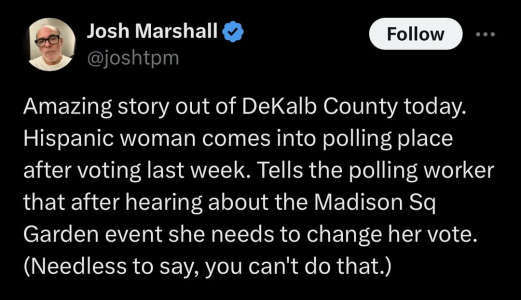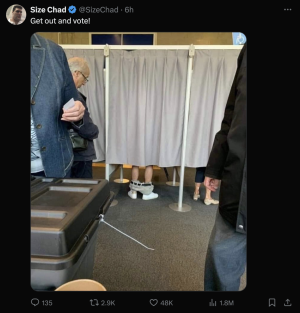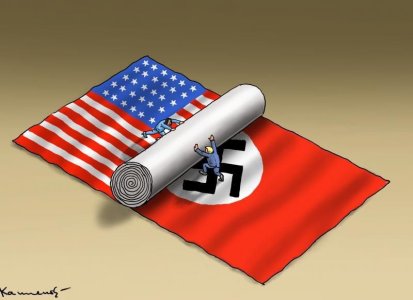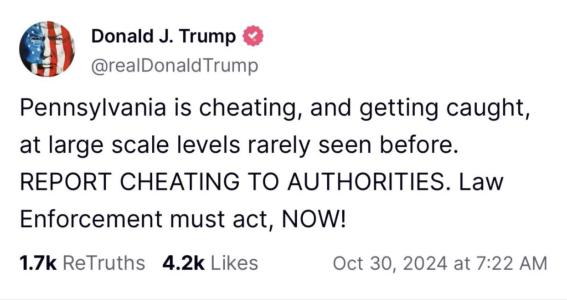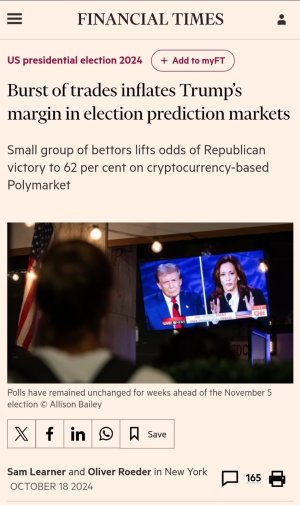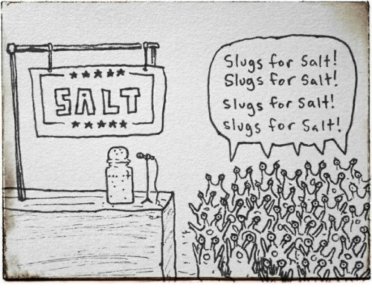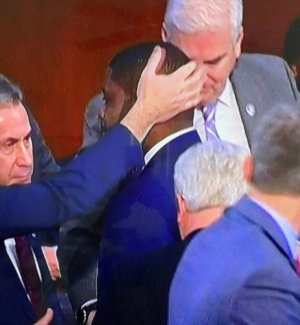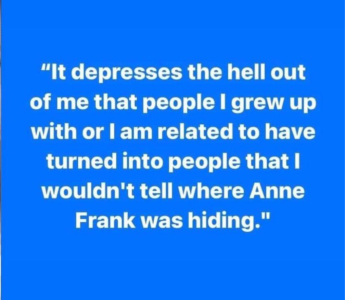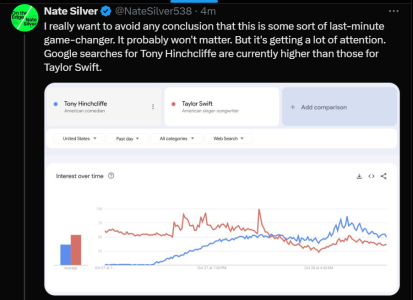- 26,751
- 38,309
Draining the swamp

https://www.nytimes.com/2017/06/12/...-left-region&WT.nav=opinion-c-col-left-region

https://www.nytimes.com/2017/06/12/...-left-region&WT.nav=opinion-c-col-left-region
[h1]Mr. Trump Goes After the Inspectors[/h1]
Just before the inauguration, Michael Horowitz, chairman of the Council of the Inspectors General on Integrity and Efficiency, was at a hockey game when he began getting calls from other inspectors general in federal agencies. The inspectors — independent officials who investigate waste, misconduct, mismanagement and criminal activity — were furious. Trump aides had let them know they might be replaced; for the first time ever, a president might fire them en masse.
The administration later backed down. But it has continued to undermine the inspectors’ role by failing to hire for open positions and planning to slash the offices’ budgets, one of the many ways the White House has found to diminish the oversight functions of the federal government.
Every major federal agency and program has an inspector general, a nonpartisan, independent official whose staff investigates cases of wasteful spending, criminal activity, employee misconduct and plain bad management. These are watchdogs with real teeth.
Mr. Horowitz, who is also the inspector general at the Department of Justice, recently told Congress that in fiscal 2015 alone, the offices identified $26 billion in potential savings and recovered an additional $10 billion through criminal and civil cases. That’s a return of $14 for every dollar in the offices’ budgets.
The list of good works is long and impressive. In 2008, for instance, the Interior Department’s inspector general, Earl Devaney, delivered three reports to Congress detailing widespread corruption and conflicts of interest in the division overseeing the oil industry, leading eventually to a thorough departmental reorganization. He later reported that President George W. Bush’s political appointees had run roughshod over agency scientists who had recommended stronger protections for endangered species.
In a similar vein, the special inspector general for Afghanistan reconstruction found weaknesses in planning, executing, and sustaining $488 million worth of American investments in Afghanistan’s extractive industries; inspectors at the Department of Homeland Security unearthed technical problems that resulted in cost overruns of 480 percent while increasing national security risks; and the inspector general for the Social Security Administration discovered $345 million in underpayments to 50,000 people.
Today nearly one-quarter of inspector general offices have either an acting director or no director at all, including the offices at the C.I.A., the National Security Agency, the Department of Defense and the Social Security Administration. Acting directors can be reluctant to make extensive changes or take bold action, particularly if they hope to be nominated for a permanent appointment.
The inspectors’ offices are deeply affected by the current federal hiring freeze and would be further harmed by the administration’s proposed budget cuts. The budget takes unexplained specific aim at the Office of the Special Inspector General for the Troubled Asset Relief Program, created in part to monitor the $700 billion taxpayer bailout for big banks.
That office has gone after 96 bankers; at least 36 went to prison. In 2015 its investigators helped prosecute General Motors for covering up a defective ignition switch responsible for at least 15 deaths, securing a $900 million settlement. The administration wants to cut its budget in half, to $20 million; as a result it has stopped accepting applications to its foreclosure prevention program.
The cuts in staff and budget would force inspectors general to do less, just as a new administration generates new matters to investigate.
Congress has demonstrated bipartisan willingness to step up for inspectors general in the past, and last year it expanded the types and scope of protection offered to government whistle-blowers. Now it needs to protect the watchdogs from an administration that wants to starve them.












